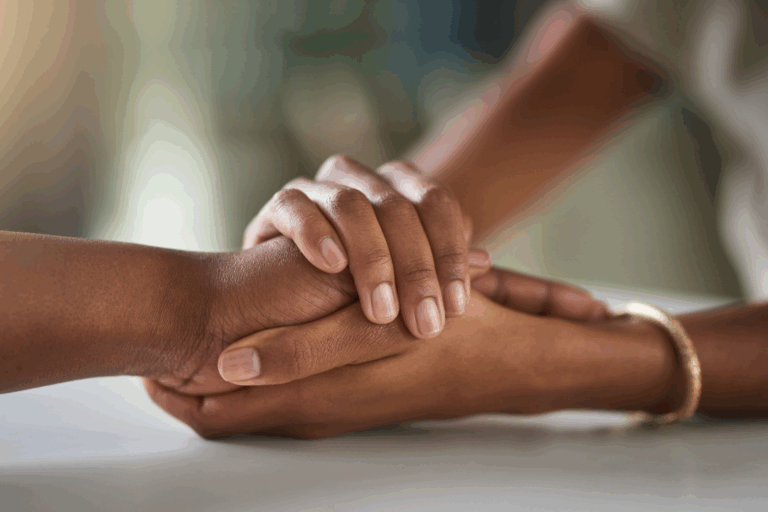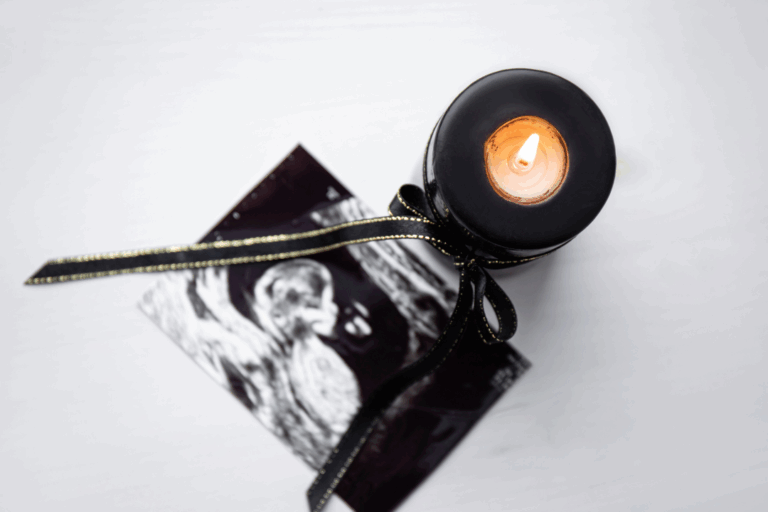There are stories we hold quietly in our hearts, not because they don’t matter, but because they matter too much to speak aloud. Miscarriage is one of those stories.
We often frame miscarriage in medical terms: a natural event, a statistic, a number on a chart. But that misses the most important part. Miscarriage is the loss of a child we already loved, a future we already envisioned. For many women, it is not just the end of a pregnancy. It is the end of a story they had already begun to tell.
This article is not about what to do after loss. It’s about acknowledging the shape of that loss the pieces it breaks into, and how they linger long after the world expects us to move on.
The Moments That Stay With You
For many mothers, miscarriage doesn’t begin with loss, it begins with hope. A faint line on a stick. A whispered “we’re pregnant.” A secret name. A Pinterest board of nursery ideas. And then, too suddenly, the bleeding. The silence on the scan. The words: “I’m so sorry, there’s no heartbeat.”
Miscarriage is not one moment. It’s dozens. It’s walking past the baby clothes section. Cancelling the 12-week scan. Being asked, “Do you have children?” and not knowing how to answer. It’s the milk that comes anyway. The dreams that don’t go away.
Naming the Loss
One of the hardest things about miscarriage is how invisible it can feel. There is often no funeral, no photos, no public grieving. People may say, “At least it was early” or “You can try again.” But this kind of comfort dismisses the depth of your pain.
What if, instead of rushing to fix it, we just said: “I’m so sorry. Tell me about them.” Even if they only lived in your heart for a few weeks, that life mattered.
You are allowed to name your baby. You are allowed to cry years later. You are allowed to grieve as long as you need.
A Partner’s Grief
We must also acknowledge partners, whose grief often goes unnoticed. They are expected to be the strong ones, the practical ones. But they too lost a dream. And in many cases, they feel helpless, unable to protect the person they love from something so devastating.
If you’re supporting someone through miscarriage, know this: you don’t need the right words. You only need to be present. Don’t rush their healing. Don’t force perspective. Let them be sad. Let them feel seen.
When the World Moves On
Perhaps the hardest part of miscarriage is that everyone else seems to forget. Work resumes. Invitations arrive. Life pushes forward. And you may feel left behind.
But please know this: just because others move on doesn’t mean your grief is wrong. It’s okay to step back, to say no, to protect your heart.
Grief doesn’t need to be tidy or linear. It may rise on birthdays or due dates or the smell of newborn shampoo. Let it. These are signs of love.
Living With the Love
You never have to “get over” your miscarriage. But you will learn to carry it differently. One day, the weight may soften. The pain may quiet. Not because you stopped loving, but because you found ways to keep going with that love still held close.
If you are walking through miscarriage, know that your story matters. Your baby mattered. And healing is not about forgetting, it’s about remembering with gentleness.
In a world that hurries grief, you have permission to take your time. Your loss deserves space. Your love deserves to be seen.




